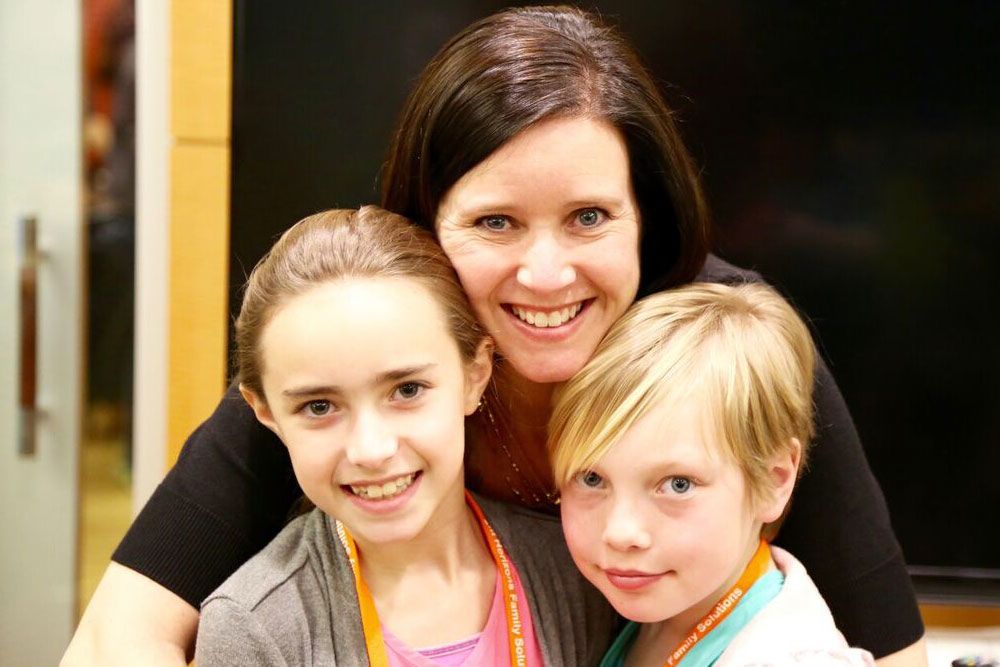No amount of planning and organizing can fully prepare you for the mixture of emotions associated with the first day of child care. Many parents find themselves unexpectedly weepy — even beyond the first day. Some are undone by a child who clings to their leg at drop-off and others feel pangs when a child transfers without fussing at all. It’s unpredictable and emotional — and it can take time to adjust. What can you do?
Tips for Parents Starting Child Care
Recognize your emotions. Hard to believe, but separation anxiety is hereditary — part of our biological programming to protect vulnerable children. We may not be facing quite the same survival struggles experienced by our prehistoric forebears; but we do have the same protective instincts. When those feelings strike, remember the hours you put into searching and choosing your high-quality center. That will help put those feelings into perspective.
Be confident in your work/life decision. Working IS taking care of your family. So it’s not only 100% okay for you to work while you raise children; it’s good for both of you. Learning about the positive impact of early care and education will prepare you for questions from well-meaning family members and friends who may have made different choices. It will also help you feel confident about your decision, and know it’s a positive one for you and your child.
Build relationships with child care teachers and caregivers. The importance of your partnerships with teachers and the director can’t be overstated — it’s the key to your positive experience, and an important way to minimize stress.
Prepare for new safety measures. Masked teachers and temperature checks can surprise children who are unprepared for pandemic-era safety measures. Most children adapt quickly. But learning about practices and helping your child get familiar before day one can be a game-changer for all of you.
Find out about family partnerships programs at your center. Feeling concerned about something? Ask. Open communication is key. Take advantage of open-door policies to talk to directors, teachers, and other staff members (virtually or, if available, in person); engage in regular parent-teacher conferences; and join into relationship-building events and volunteer opportunities when available.
Develop drop-off routines. Routines help young children — who do not have a well-developed sense of time — create a rhythm for their day. Schedule drop-off at roughly the same time; sing the same song on your way to check-in; wave goodbye from the same window. Ask the caregiver/teacher for ideas. The routines don’t have to be rigid; but they’re important for smoothing those first tentative days, and minimizing so many emotional challenges — yours and your child’s.
Prepare for pick-up. The big surprise for so many parents is a child who doesn’t melt down at drop-off, but rather at pick-up before going home. Here’s the good news: that’s also totally normal. A little routine can help here, too — perhaps the same snack to look forward to on the way home. Just know the meltdown isn’t because your child isn’t happy to see you — it’s a swell of emotions and the inability to process yet another transition during the day.
More on Choosing & Starting Child Care
Need more information? Check out these additional resources.
- Here are factors to consider for finding the best child care option that works for your family.
- Get parenting tips for preparing you and your children to make the transition easier.
- Searching for preschool and pre-kindergarten. Learn about their similarities and differences of both.





